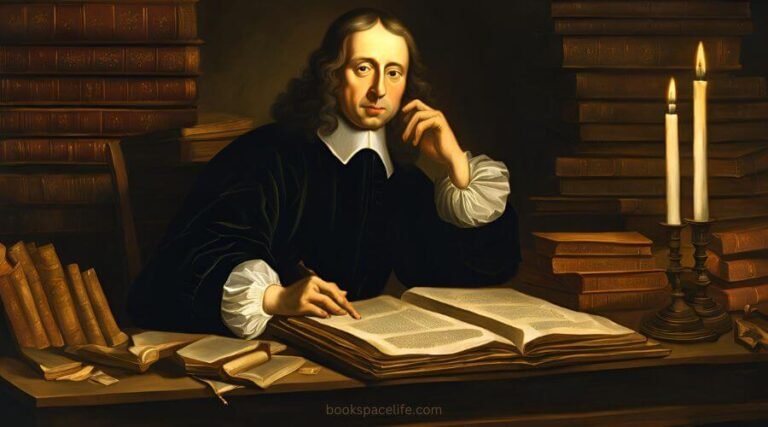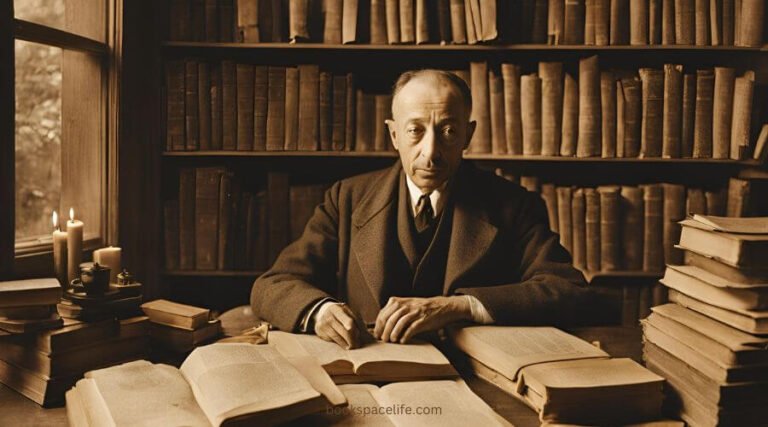
George Berkeley (1542 – 1591 CE)
George Berkeley : Idealism, Empiricism, and the Vision of Reality

George Berkeley : Idealism, Empiricism, and the Vision of Reality

John Duns Scotus (1266-1308), a Christian philosopher and theologian from Scotland, stands as one of the most influential and original thinkers of the High Middle Ages.
Known as the "Subtle Doctor" due to his complex and nuanced arguments, Scotus made pioneering contributions to metaphysics, epistemology, and theology.

Jonathan Edwards : The Theological and Philosophical Visionary of the Great Awakening

John Henry Newman : The Bridge Between Faith and Reason

Søren Kierkegaard : The Father of Existentialism

Søren Kierkegaard : The Father of Existentialism

G.K. Chesterton: The Prince of Paradox and Champion of Christian Thought

Pierre Teilhard de Chardin : The Philosopher Who Bridged Faith and Science

Moses Mendelssohn (1729–1786) was one of the most influential Jewish philosophers of the 18th century, bridging the worlds of traditional Judaism and modern European thought.
Known as the “Jewish Socrates,” Mendelssohn’s life and work left a profound mark on the German Enlightenment and paved the way for the Haskalah, the Jewish Enlightenment movement.

Moses Mendelssohn (1729–1786) was one of the most influential Jewish philosophers of the 18th century, bridging the worlds of traditional Judaism and modern European thought.
Known as the “Jewish Socrates,” Mendelssohn’s life and work left a profound mark on the German Enlightenment and paved the way for the Haskalah, the Jewish Enlightenment movement.

Walter Benjamin (1892 – 1940 CE) is often regarded as one of the most brilliant and enigmatic philosophers of the 20th century.
His work spanned a wide range of disciplines, from literature and aesthetics to history and theology, and he is particularly known for his contributions to critical theory, cultural criticism, and the philosophy of history.

Gershom Scholem : Pioneering Scholar of Jewish Mysticism